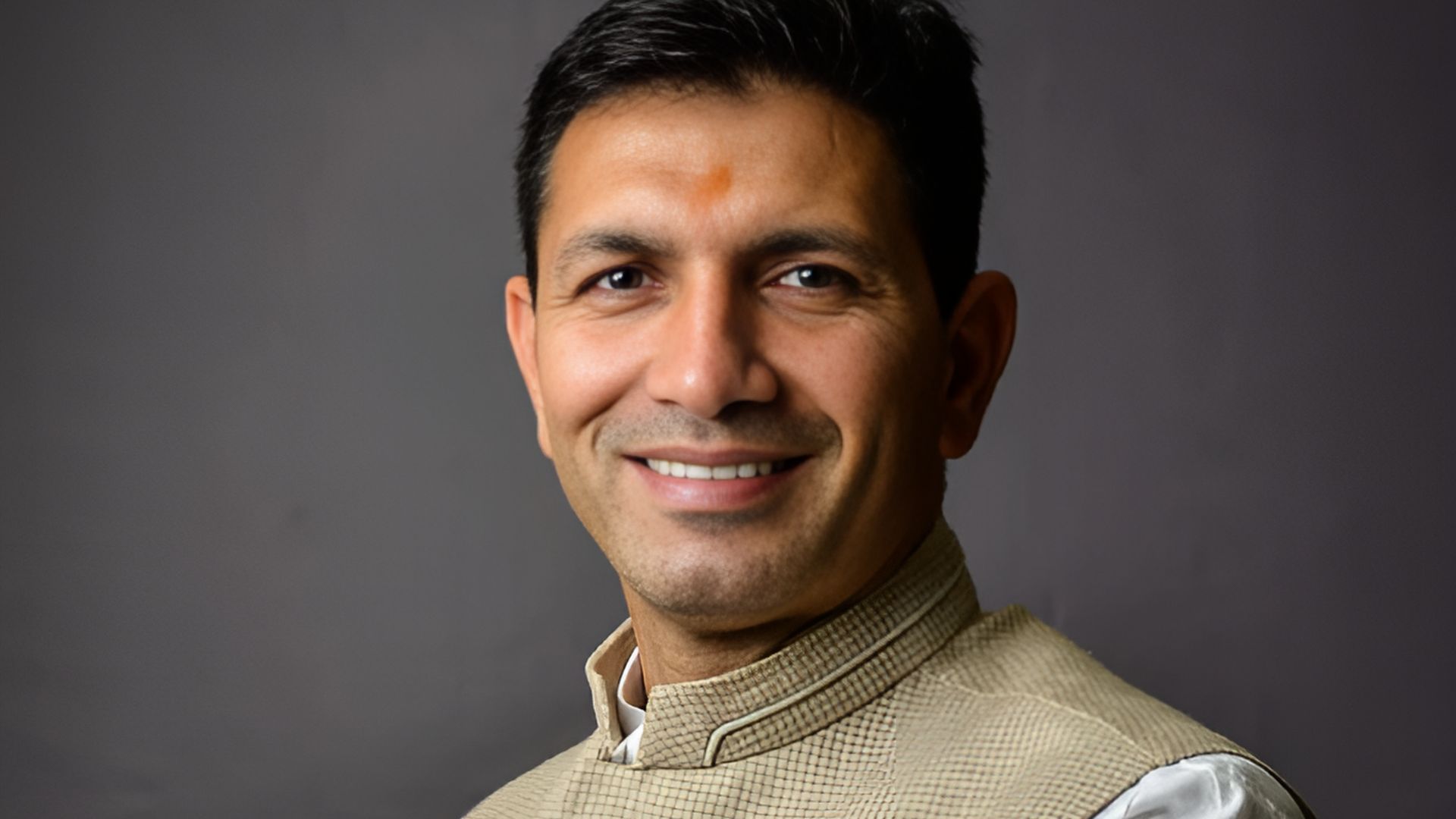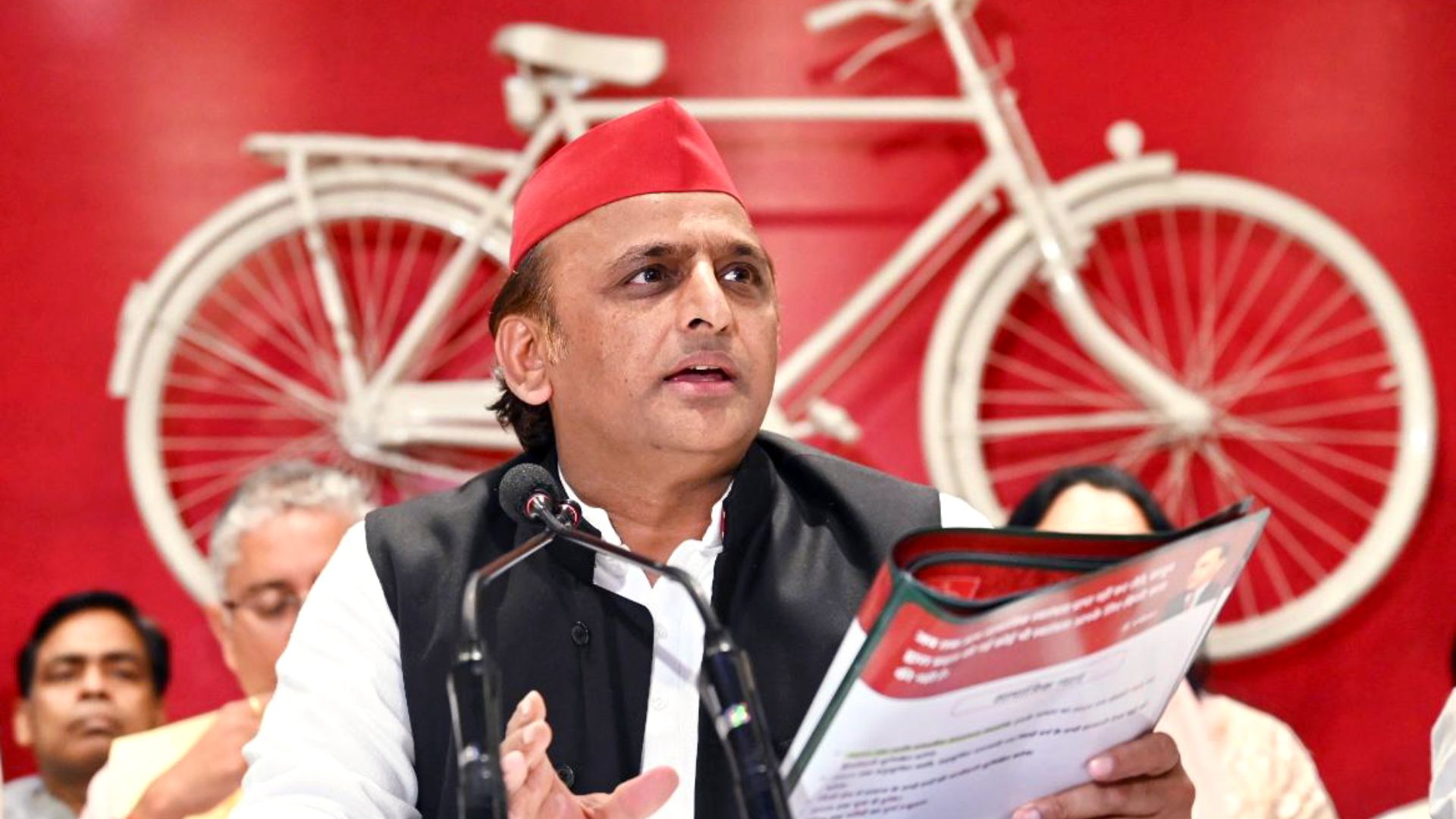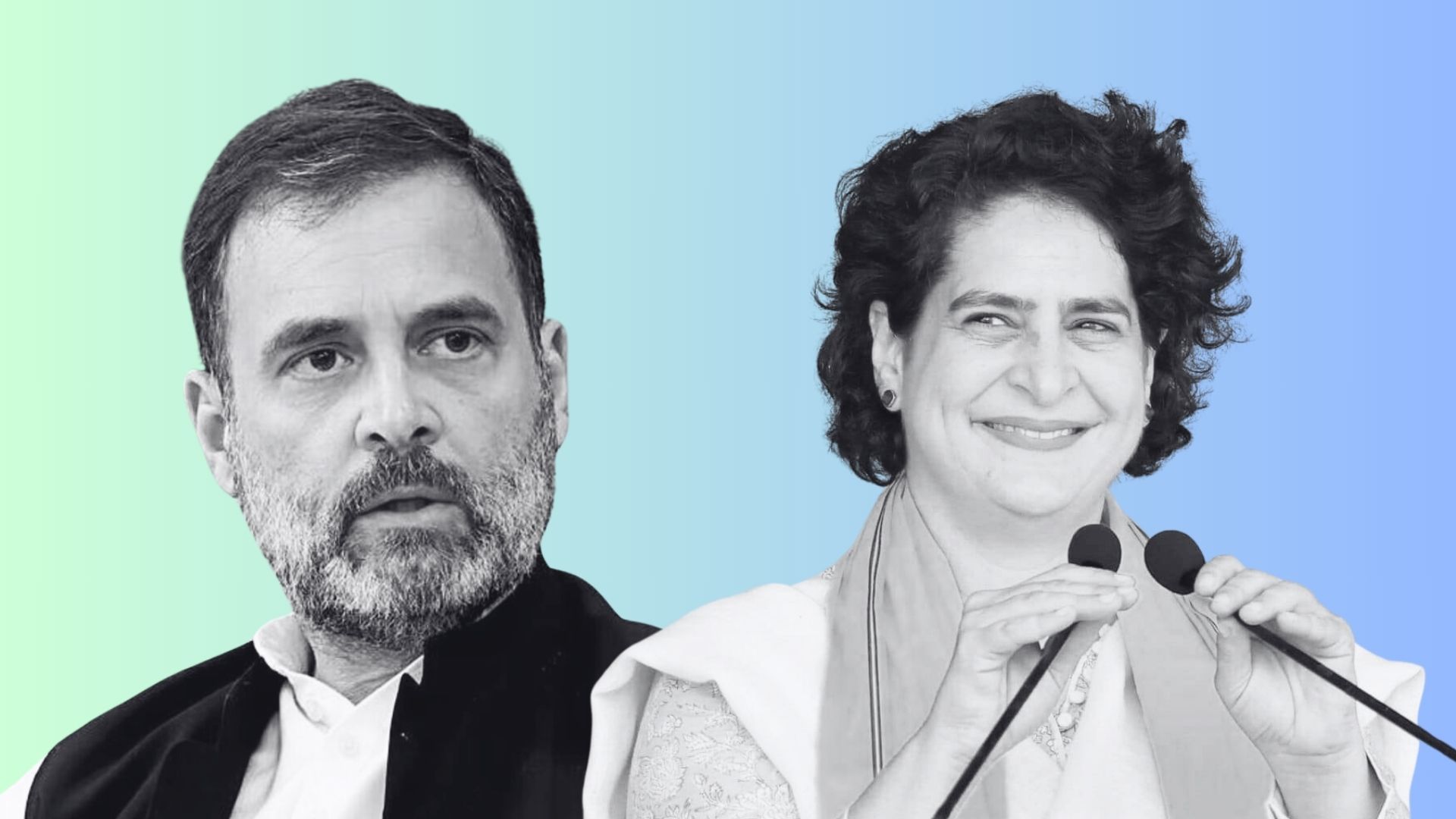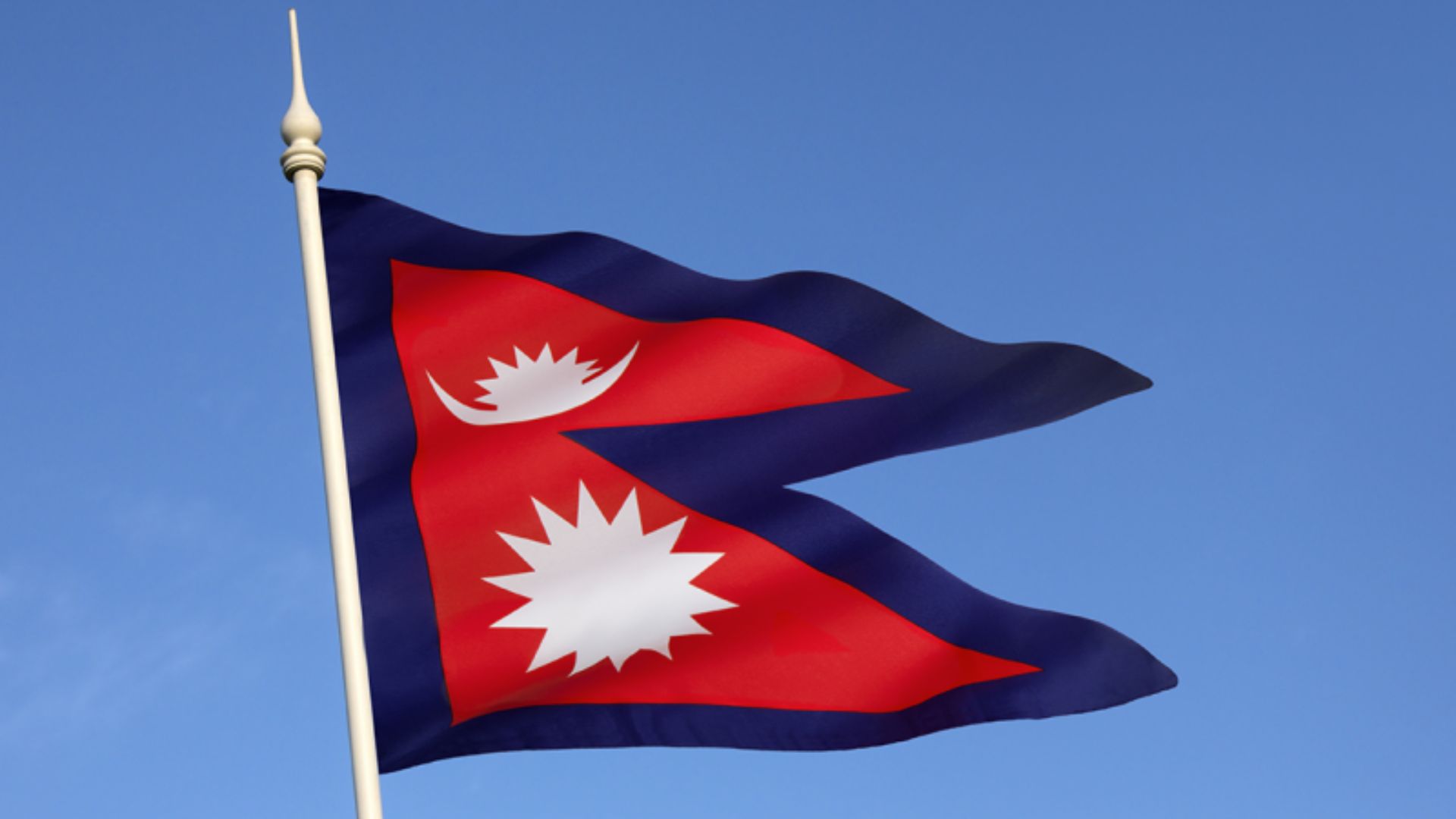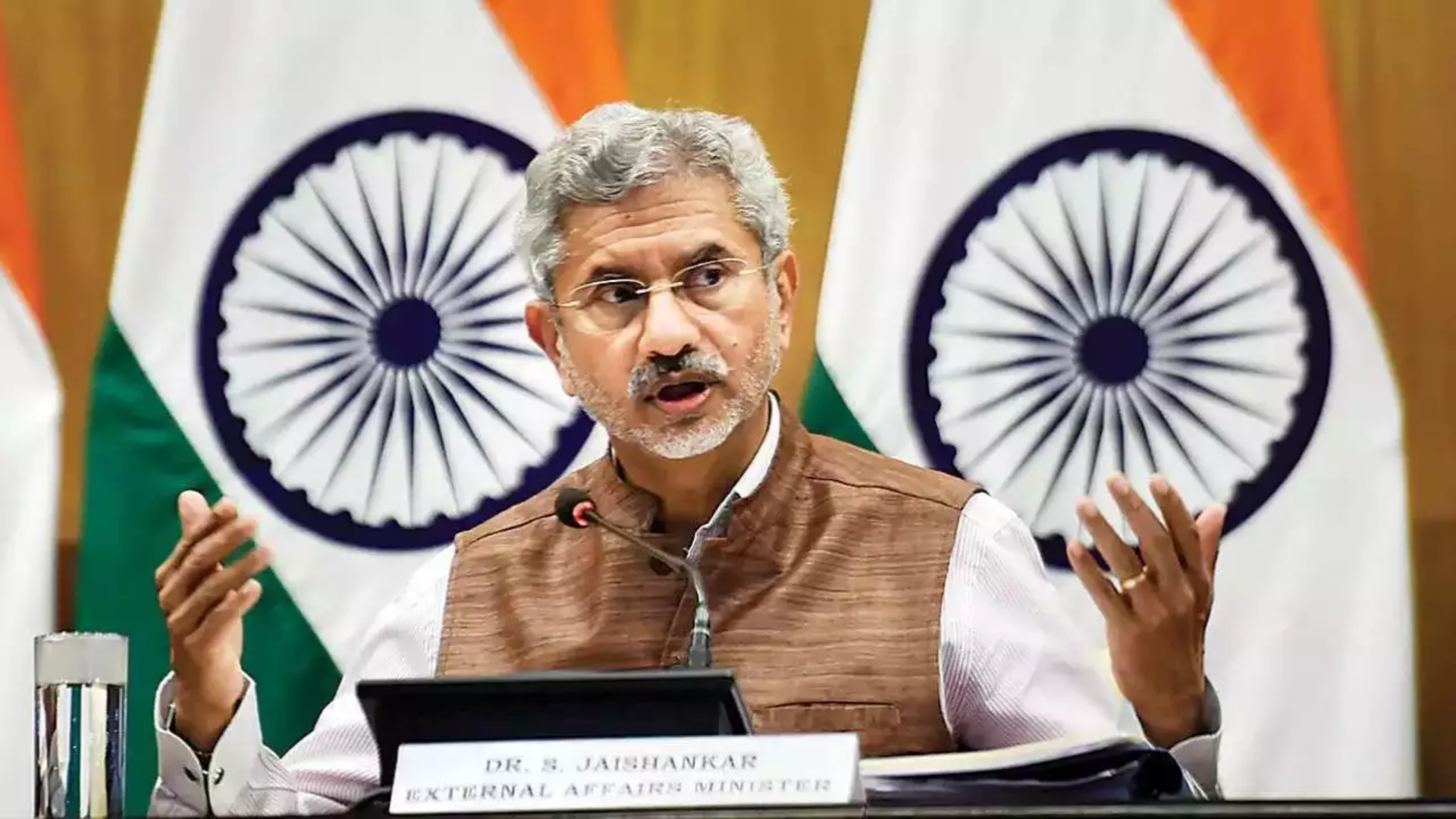



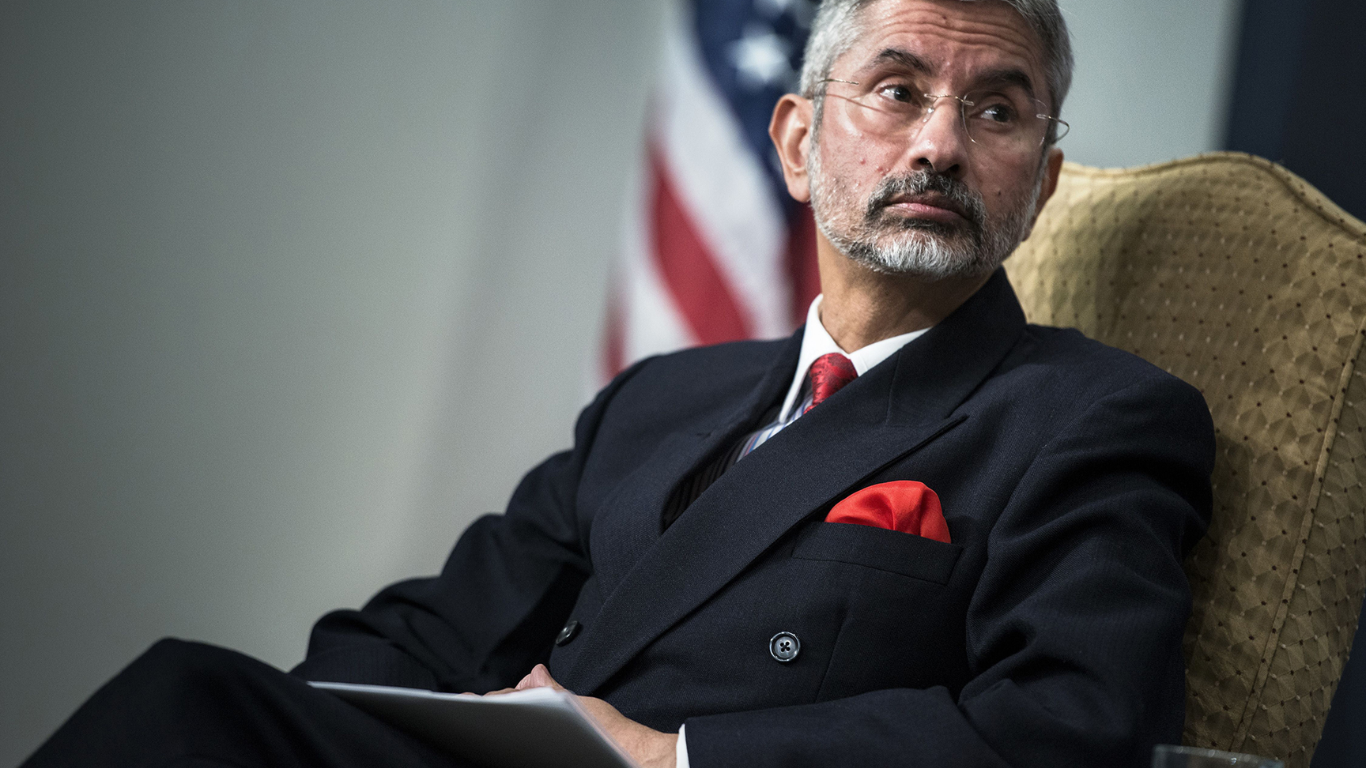

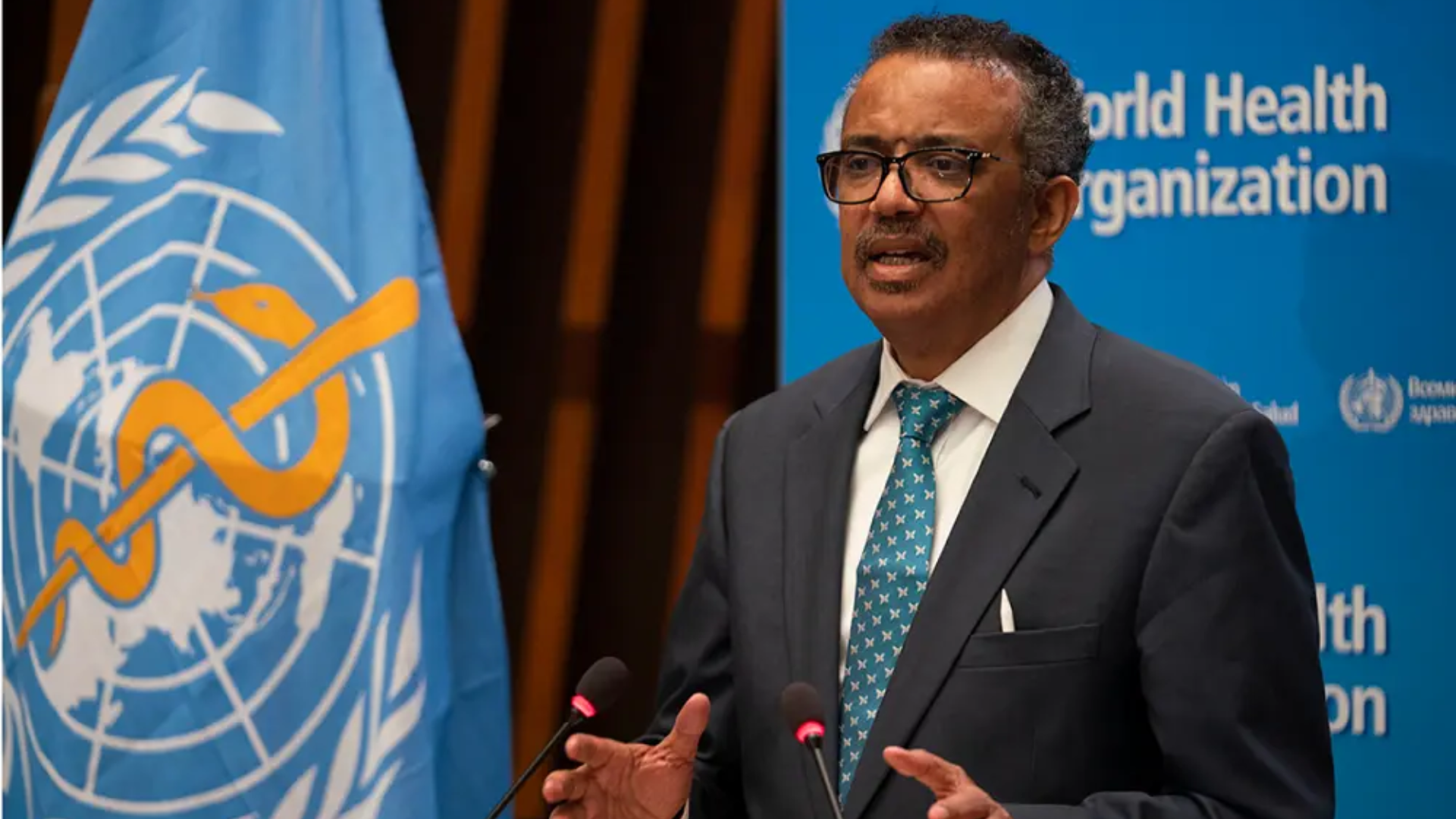
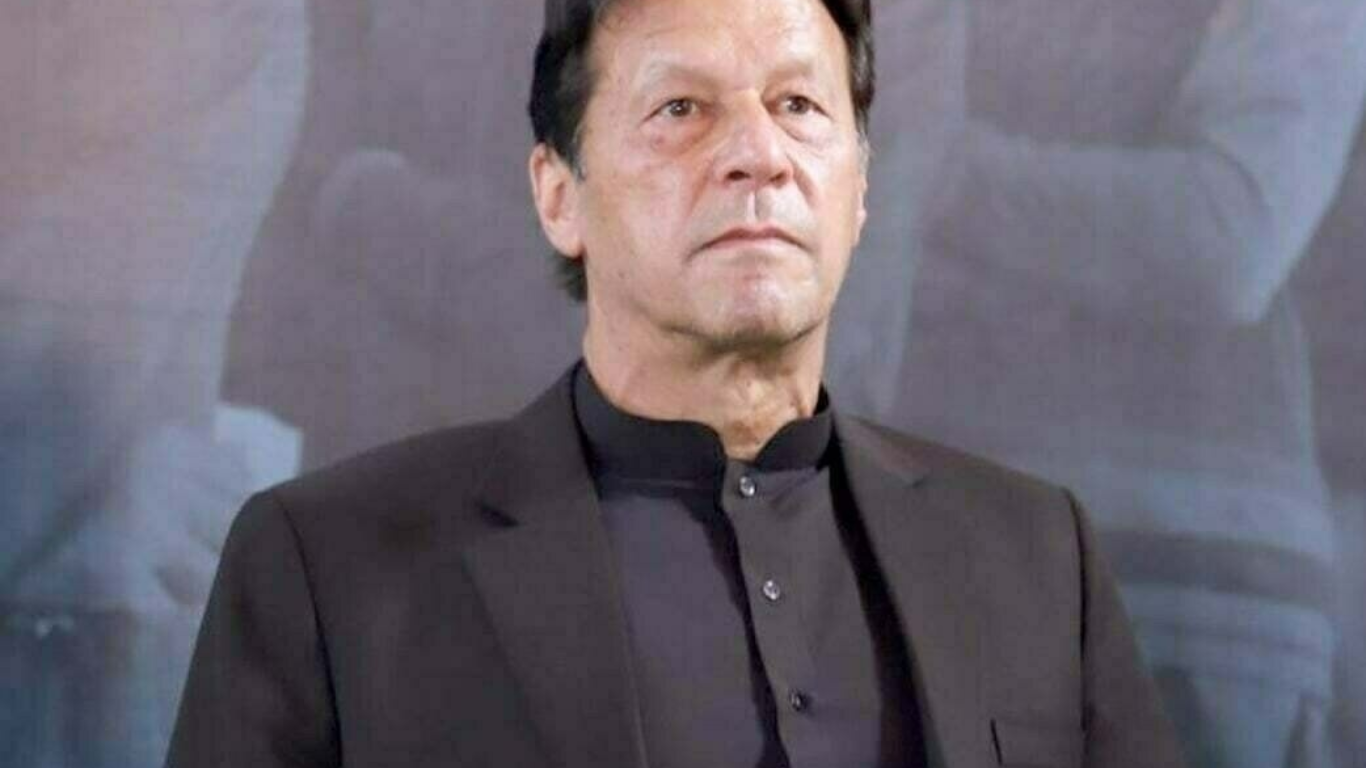

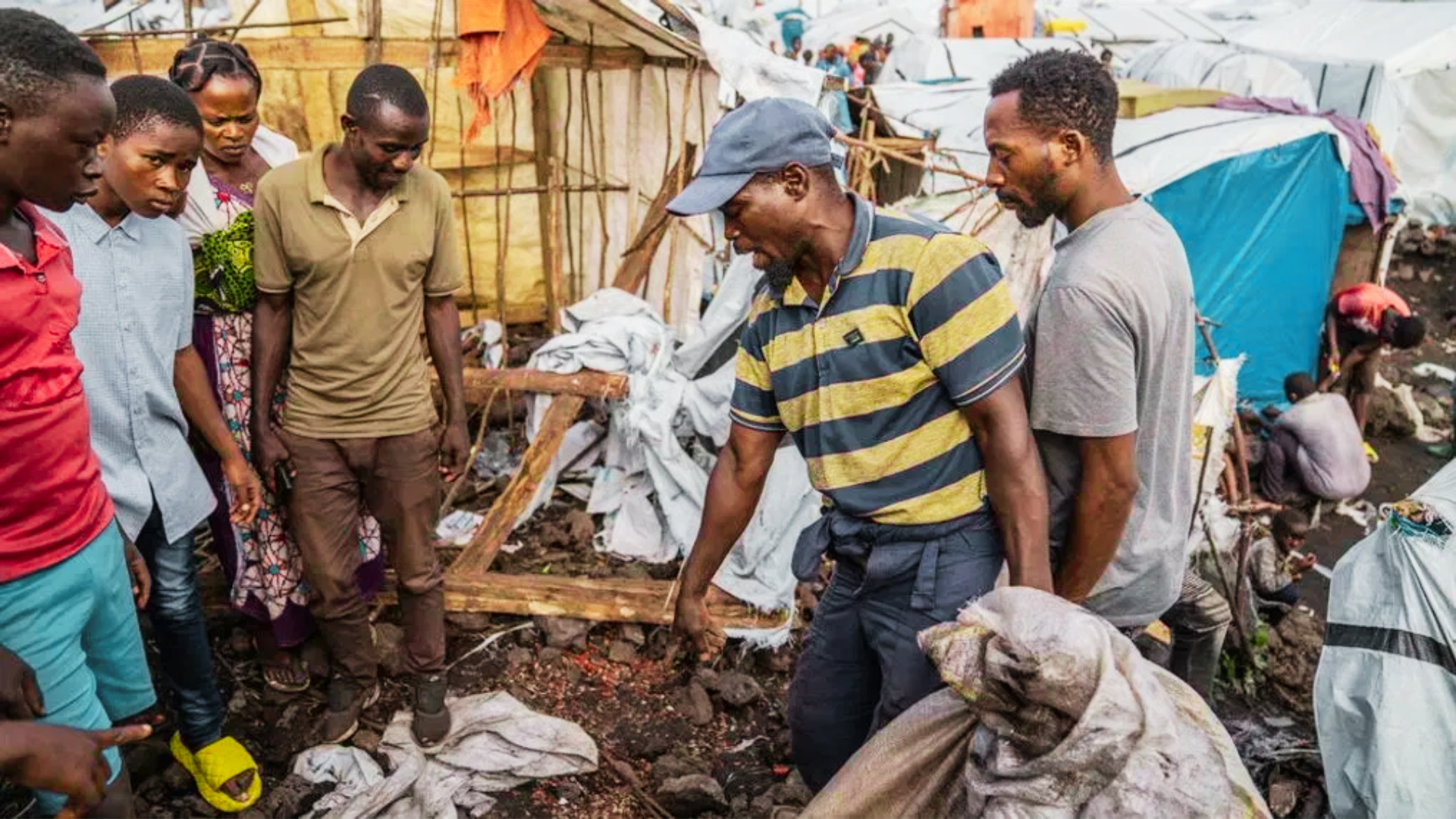
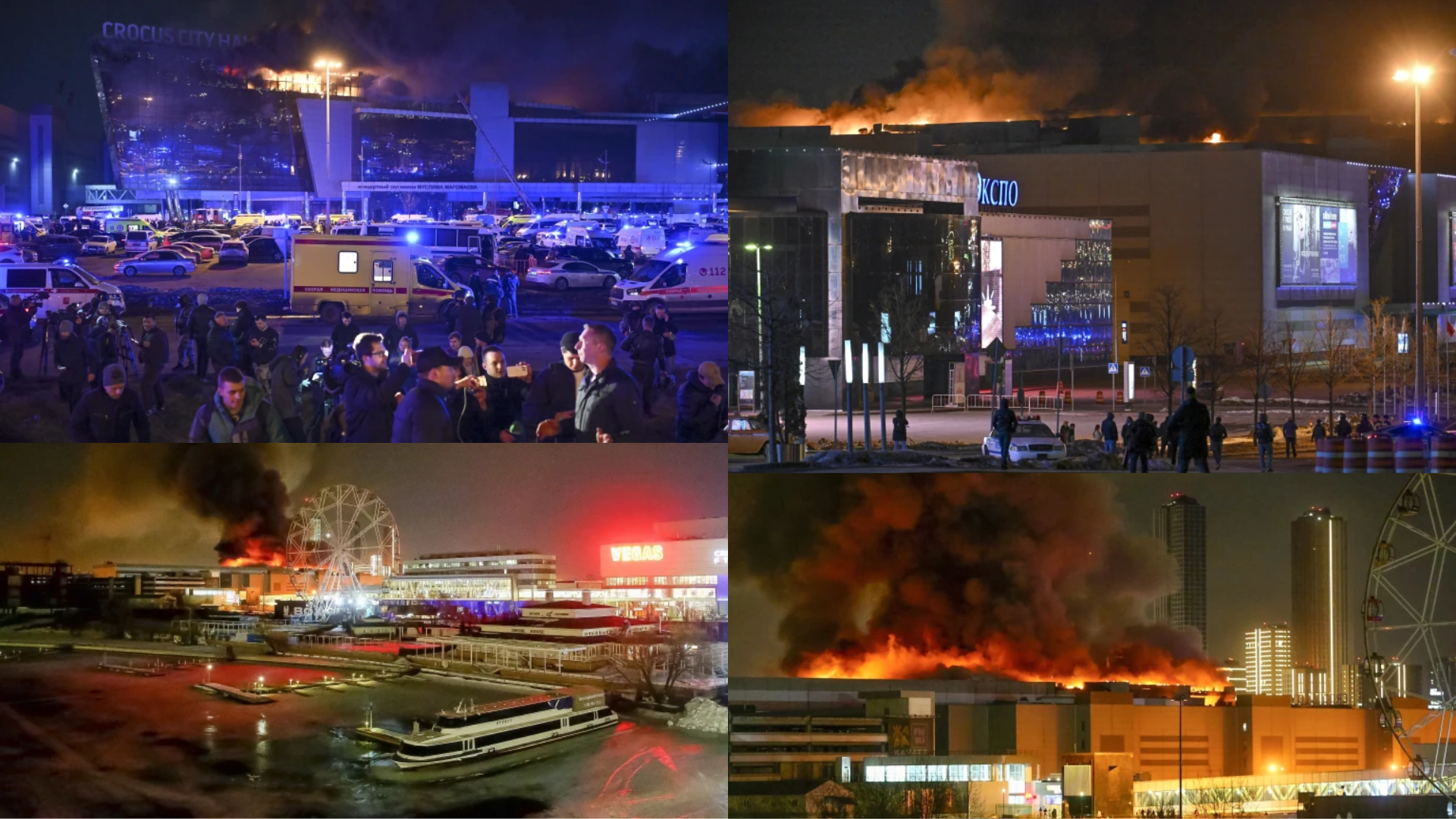
ISIS-K, an affiliate of the Islamic State operating in Afghanistan, recently claimed responsibility for a devastating attack on a concert hall in Moscow, resulting in one of the deadliest terror incidents in Russia in decades. The assault, which claimed the lives of over 60 individuals, has reignited discussions surrounding the longstanding conflict between Russia and extremist groups such as ISIS-K. The attack’s timing, shortly after Russian President Vladimir Putin secured his fifth term in office, has raised questions about the motives behind targeting Russia.
The roots of the conflict between Russia and the Islamic State can be traced back to President Putin’s intervention in the Syrian Civil War in 2015. Putin’s support for Syrian President Bashar al-Assad, a stance directly opposed to the Islamic State, positioned Russia as a significant adversary of the extremist group. Since then, ISIS-K has emerged as a persistent threat to Russian interests, with previous attacks, including a suicide bombing at the Russian Embassy in Kabul in 2022, further highlighting the group’s hostility towards Russia.
The resurgence of ISIS-K, particularly following the withdrawal of US troops from Afghanistan, has prompted the group to seek new targets beyond its traditional stronghold. ISIS-K, initially formed in 2015 by disenchanted members of the Pakistani Taliban, quickly gained international notoriety for its attacks on Afghan security forces, ministries, and religious minorities. Despite facing significant setbacks due to military crackdowns from multiple fronts, including US airstrikes and opposition from the Afghan Taliban, ISIS-K has shown resilience and adaptability, as evidenced by its recent attacks outside Afghanistan.
Experts have noted ISIS-K’s fixation on Russia in recent years, with the group frequently targeting President Putin in its propaganda. Colin Clarke of the Soufan Center highlighted ISIS-K’s opposition to Putin, indicating a deliberate focus on Russian interests by the extremist outfit. This antipathy towards Russia can be attributed to several factors, including Russia’s growing ties with the Taliban, a bitter enemy of ISIS-K due to sectarian differences.
Russia’s engagement with the Taliban, motivated in part by strategic interests such as access to new trade routes amidst Western sanctions, has drawn ire from ISIS-K. In return, the Taliban seeks international recognition and support, refraining from criticizing Russia over issues such as the conflict in Ukraine. Additionally, ISIS-K perceives Russia as complicit in activities that oppress Muslims, reflecting broader concerns about human rights abuses and religious discrimination within Russia.
The Muslim population in Russia, estimated at around 20 million, faces various challenges, particularly in regions like the North Caucasus, where extremist groups have found fertile ground. Reports from human rights organizations such as Amnesty International have documented instances of discrimination, surveillance, and targeted violence against Muslims in Russia. The Russian government’s policies, ostensibly aimed at combating extremism, have often resulted in restrictions on religious practices and infringements on basic rights, particularly in Crimea, annexed by Russia in 2014.
Putin’s remarks on religious matters, including statements questioning the legitimacy of the hijab in Islam, have further fueled resentment among Muslim communities in Russia. Instances of bans on religious attire and disruptions of religious gatherings by Russian authorities have drawn condemnation from international observers.
In conclusion, the recent attack on a concert hall in Moscow by ISIS-K underscores the complex dynamics of the conflict between Russia and extremist groups. While rooted in geopolitical rivalries and strategic interests, the targeting of Russia by ISIS-K also reflects broader grievances related to religious discrimination and human rights abuses within Russia. As the threat of terrorism continues to evolve, addressing these underlying issues becomes crucial in mitigating the risk of future attacks and promoting stability and tolerance in the region.

